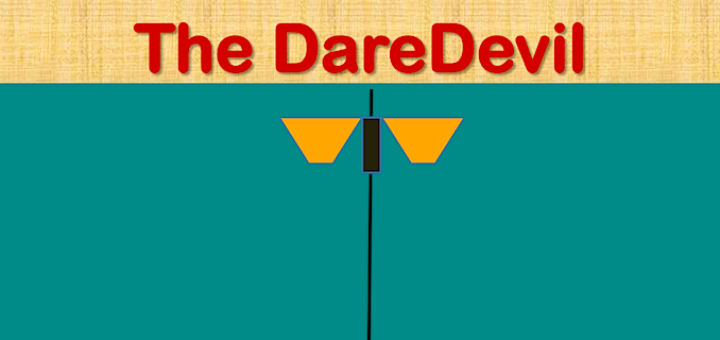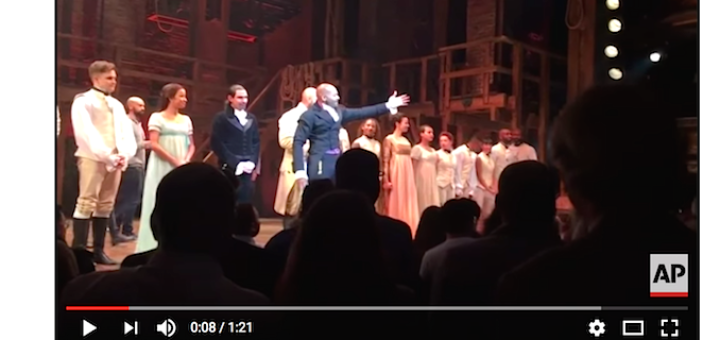Teaching and learning in grades 4-8
In Cheryl Mizerny’s view, authentic “personalized education” would have skilled teachers navigating as students powered their own learning. It would be a practice and not the product being sold by digital LMS companies as an acceptable substitute for teacher talent.
Every Child a Super Reader can empower students to become lovers of reading who understand what they read. Teacher Linda Biondi says its lessons and resources will help students analyze a text, appreciate the craft, and become voracious consumers of the written word.
I, Me, You, We: Individuality Versus Conformity offers teachers intellectually challenging ELA and arts lessons for gifted middle schoolers. Educator Amy Cummings saw less emphasis on self understanding than expected but found almost unlimited ideas for her classroom.
Ross W. Greene’s Lost & Found: Helping Behaviorally Challenging Students (and, While You’re At It, All the Others) can assist educators as they work with kids to build lagging skills and collaborate on unsolved problems, says reviewer Nicolette Lesniak.
Barbara Boroson’s second edition is a valuable source of information and advice, written in everyday language. Although the book is intended for educators, teacher Linda Biondi also recommends it to parents who want to learn more about ASD and to advocate for their children.
Don’t try to subdue your STEM students’ post-holiday energy – use it! Anne Jolly’s strategy? Kick off the class with an entertaining, hands-on problem that allows kids to be active while reengaging with STEM ideas. Check out the “Stop, Drop, Don’t Pop!” STEM launcher.
As news organizations are increasingly folded into fewer and fewer media conglomerates, writes media literacy expert Frank Baker, their independence is left in doubt. He urges teachers to involve students in studies of “Big Media” as part of their civic education.
With post-election “vitriol” just below the surface in her classes, Sarah Cooper employs of a familiar history teaching tool: shifting perspective. First students discuss the Hamilton cast’s statement to VP-elect Mike Pence – then Jefferson’s slave ownership.
Christopher Danielson used to hate teaching geometry. Now he sees it as a playground of mathematical ideas for middle schoolers, with opportunities for exploration, wonder, and smart conversations. Here Danielson shares ideas and images teachers can use to begin the fun.
Gifted and talented students need to be challenged every day. Former GATE coordinator Mary Langer Thompson urges parents and educators to share Inman and Kirchner’s thorough book with school personnel to benefit these youngsters, who won’t thrive without support.






































